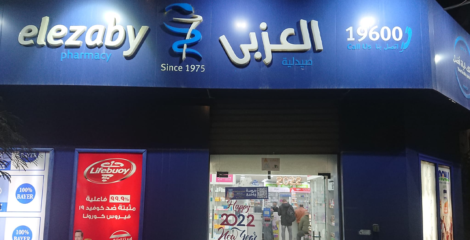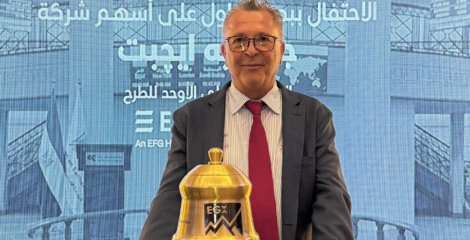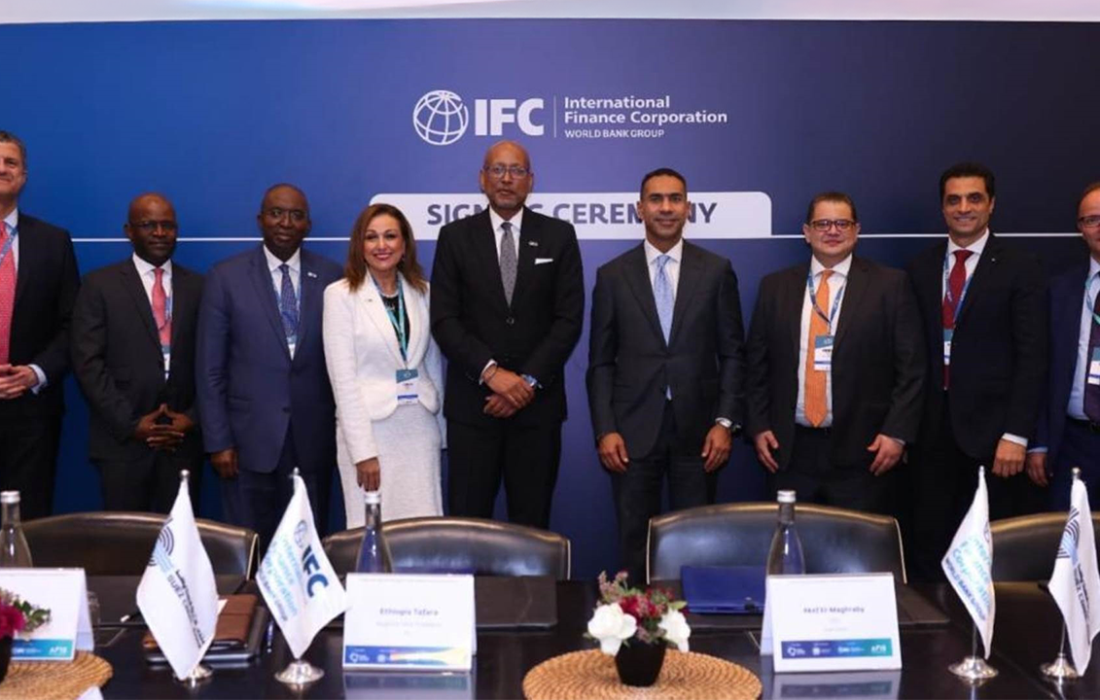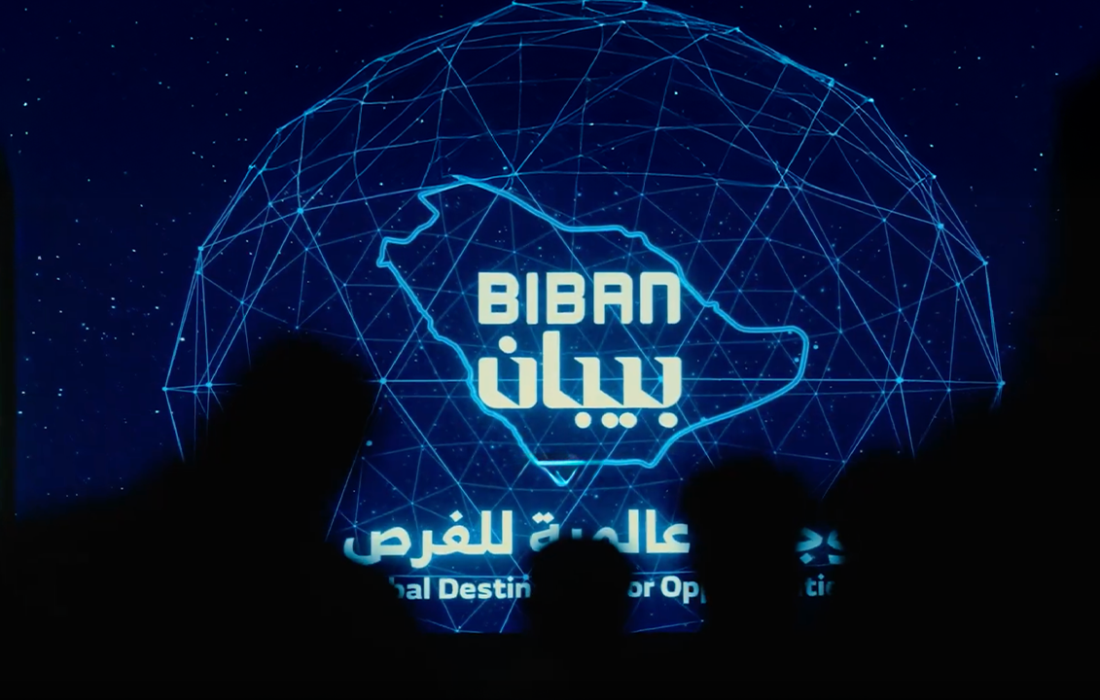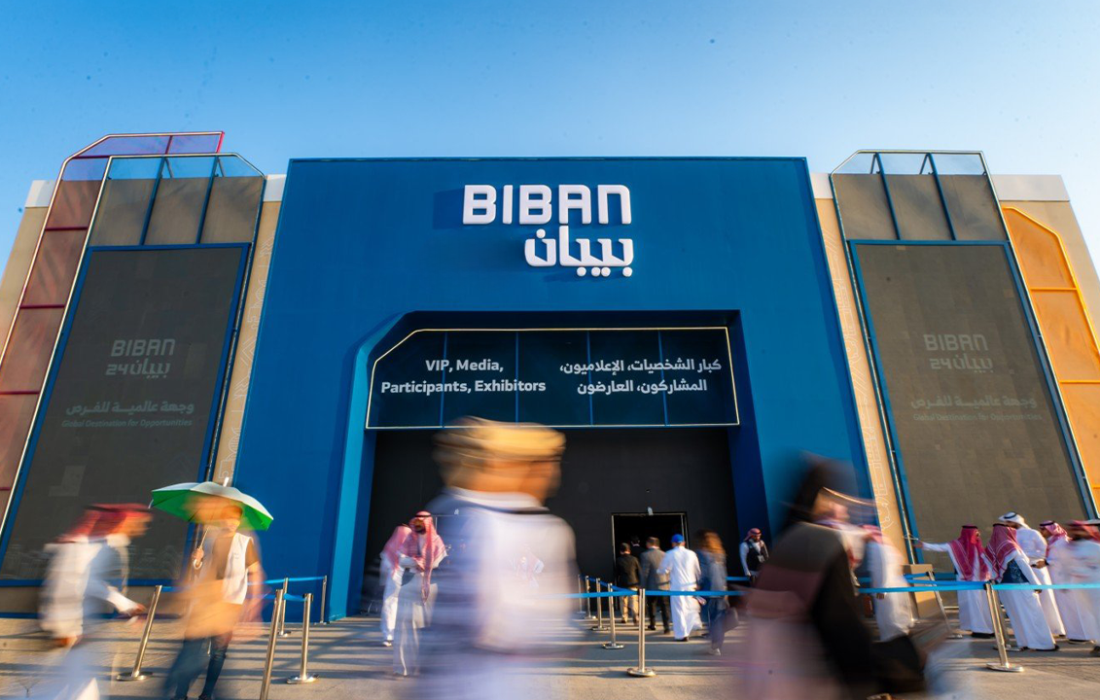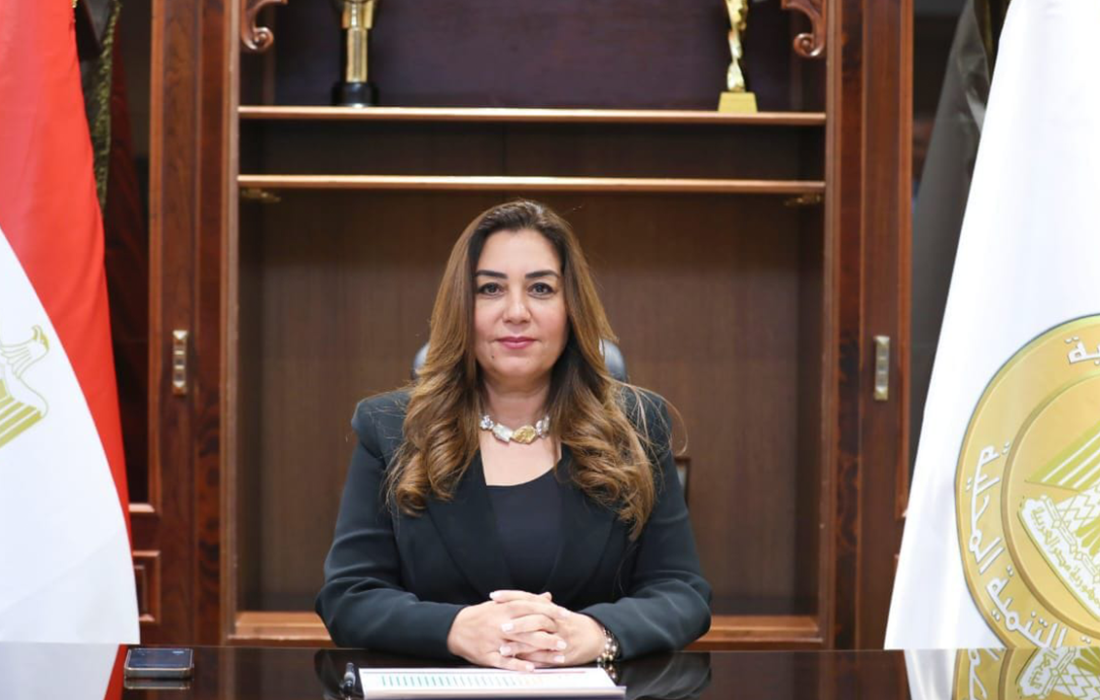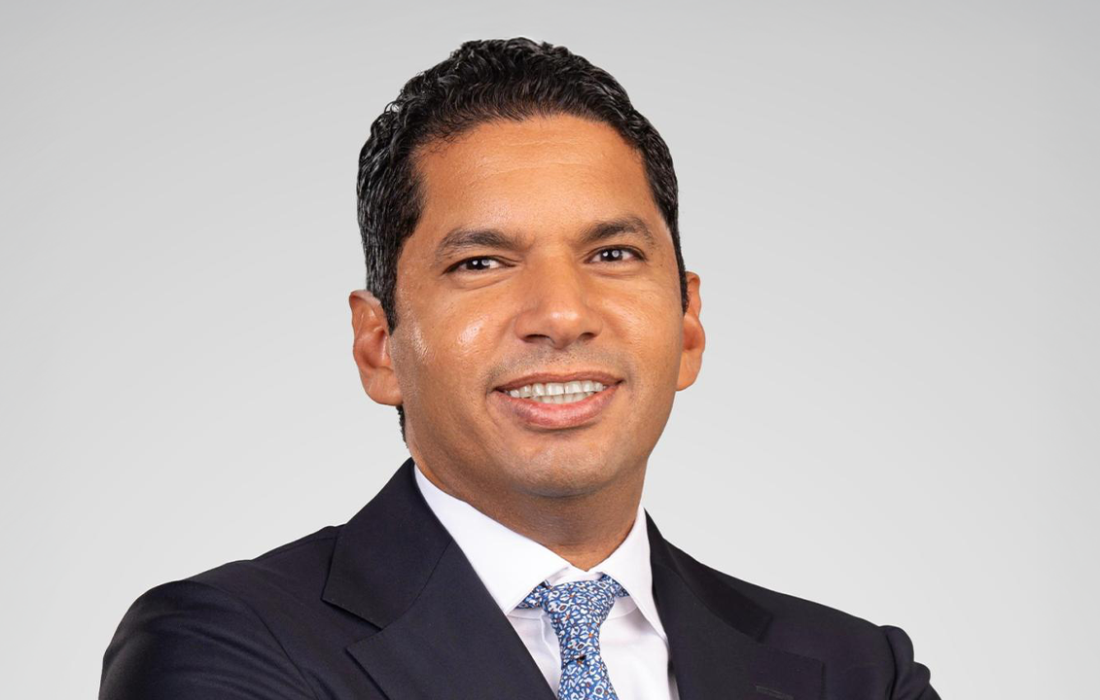- 65% of corporates interested in Islamic finance lack prior exposure, limiting access to a USD 5.5T global asset market.
- Corporate Sukuk issuances nearly doubled since 2020, boosting volumes 38% to USD 58.8B, highlighting growing Shariah-compliant investment momentum.
- Digital tools, tokenised Sukuk, and AI-enabled compliance are transforming Islamic finance, reducing costs and improving cross-border capital management.
Standard Chartered
In its report “‘Islamic Banking for Corporates: Broadening Horizons,” Standard Chartered identifies the disconnect between Islamic banking and corporates.
It explains that even though Islamic banking evolved from a niche offering to a mainstream financial segment, yet many corporates face challenges from accessing its benefits. Despite its assets exceeding USD 5 trillion, ambiguities around what it is pose challenges for corporate leaders seeking to engage with or invest in this space.
The report indicates that 65% of corporates indicating interest in Shariah-compliant solutions had no prior background, or exposure to Islamic banking. Furthermore, it identifies a lack of product familiarity as a key factor restricting corporations from accessing Islamic finance assets
“Corporates that build Islamic finance capabilities stand to access specialised capital pools with trillions in assets, preferential pricing in oversubscribed markets, government incentives in high-growth markets, and ESG-focused capital pools where ethical screening is structurally embedded. This knowledge gap reflects an increasingly expensive opportunity cost,” said Khurram Hilal, CEO of Group Islamic Banking at Standard Chartered
Islamic Banking
The Islamic finance asset market is approximately valued at USD 5.5 trillion and projected to reach USD 7.5 trillion by 2028. In addition, the number of corporate Sukuk issuers has nearly doubled since 2020. Thus, driving a 38 per cent increase in issuance volumes to USD 58.8 billion in 2024.
Islamic banking provides access to critical trade corridors and economies where Shariah-compliant finance is increasingly expected or mandated. This is particularly across the GCC, Southeast Asia, South Asia, and Africa.Moreover, Shariah-compliant finance underpins much of the USD 5.7 trillion South-South Corridor connecting these regions, accounting for nearly a quarter of global trade.
Digital Innovation
The report also indicated that digital innovation is further accelerating this momentum. For instance, tokenised Sukuk, blockchain-based settlements, and AI-enabled Shariah-compliance tools are set to transform how capital is raised and managed. This is while also reducing issuance costs and improving cross-border governance.
If you see something out of place or would like to contribute to this story, check out our Ethics and Policy section.


